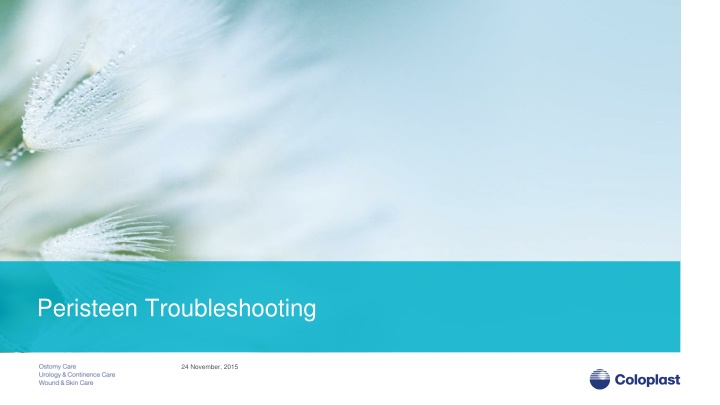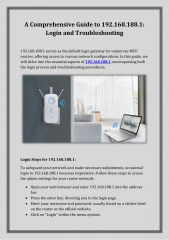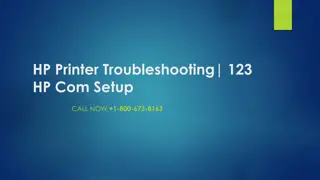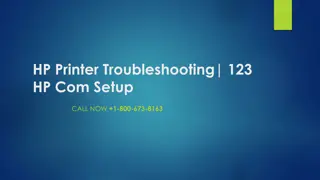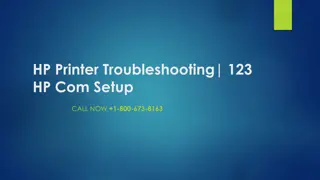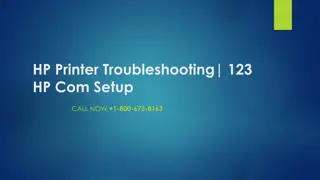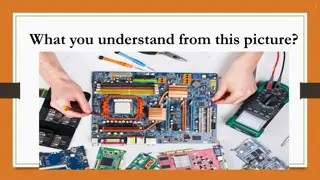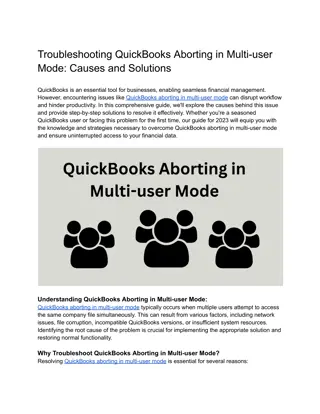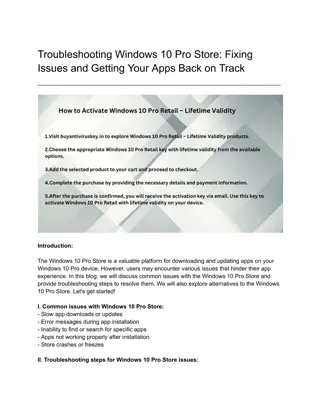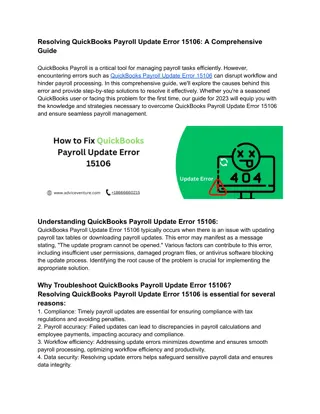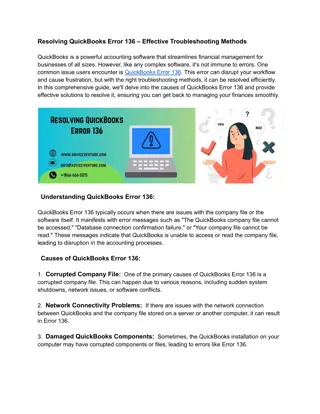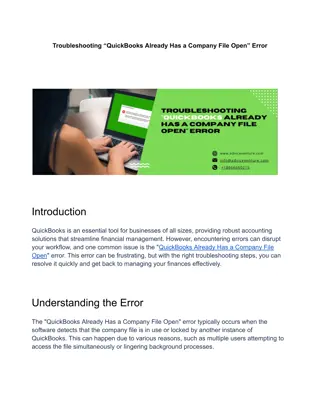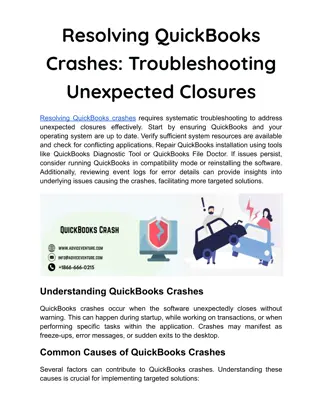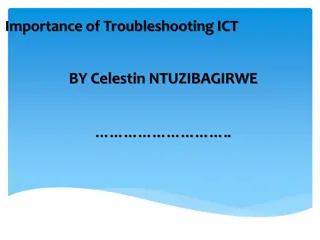Peristeen Troubleshooting
Address common issues with Peristeen rectal irrigation such as catheter falling out, rectal bleeding, leaking after irrigation, and feeling incomplete emptying. Tips include adjusting water volumes, using KY jelly, checking balloon inflation, and trying digital stimulation. Learn about Transanal Irrigation (TAI) as an alternative bowel management technique to improve bowel emptying and reduce the risk of urinary tract infections.
Download Presentation

Please find below an Image/Link to download the presentation.
The content on the website is provided AS IS for your information and personal use only. It may not be sold, licensed, or shared on other websites without obtaining consent from the author.If you encounter any issues during the download, it is possible that the publisher has removed the file from their server.
You are allowed to download the files provided on this website for personal or commercial use, subject to the condition that they are used lawfully. All files are the property of their respective owners.
The content on the website is provided AS IS for your information and personal use only. It may not be sold, licensed, or shared on other websites without obtaining consent from the author.
E N D
Presentation Transcript
Peristeen Troubleshooting 24 November, 2015
The catheter falls out............. Try: Is balloon inflated enough? Adjust water volumes Hydrate the balloon for less than 30 seconds Hold the catheter insitu while water is being instilled 24 November, 2015
I am getting some rectal bleeding................... Try KY jelly but not too much ? History of hemorrhoids If still bleeding after 3 days check up 24 November, 2015
I am leaking after irrigation............... Try: Are they using too much water After irrigating, stand; wriggle; sit down again and brace 30-60 mins after irrigating return to toilet and brace In neurogenic patients try digital stimulation after emptying 24 November, 2015
I dont feel empty...................... Try: 2nd irrigation Glycerin suppository before irrigating 24 November, 2015
Exploring the Evidence 24 November, 2015 Page 6
Transanal irrigation (TAI) putting patients in control TAI is an alternative to conventional bowel management It is a technique for emptying faeces from the bowel in a controlled manner Water is introduced into the rectum and colon via the anus, then evacuated into a toilet together with the contents of the descending colon, sigmoid and rectum Clinical studies show fewer urinary tract infections (UTIs) associated with TAI vs. conventional bowel management1,2 In patients with SCI, a lot of faeces can remain in the bowel after defaecation3, increasing the risk of a faecal incontinence episode Regular TAI can be used to help prevent these episodes and also reduce constipation 1Christensen P, et al. Gastroenterology 2006;131:738 747; 2Ausili E, et al. Spinal Cord 2010;48:560 565; 3Christensen P, et al. Dis Colon Rectum 20003;46:68 76 24 November, 2015
TAI effectively empties the contents of the rectum, sigmoid and descending colon Scintigraphic images of the bowel in an SCI patient using TAI Faeces present in descending colon and rectum before TAI Descending colon and rectum empty after TAI 24 November, 2015
Evidence summaries The following slides summarise key data available on the use of TAI for the management of bowel dysfunction. These data are primarily in individuals with SCI and spina bifida Data exist on the efficacy, safety, well-being, QoL and overall cost to society of TAI for the management of NBD 24 November, 2015
